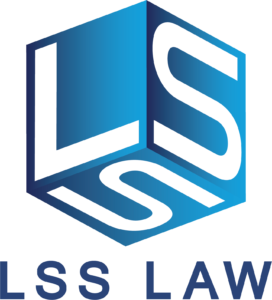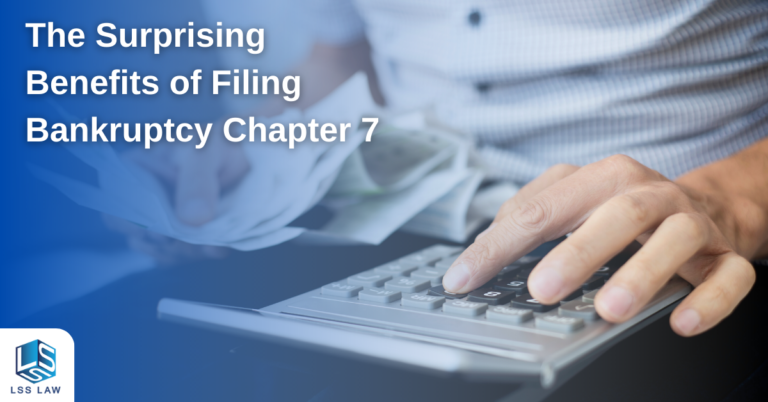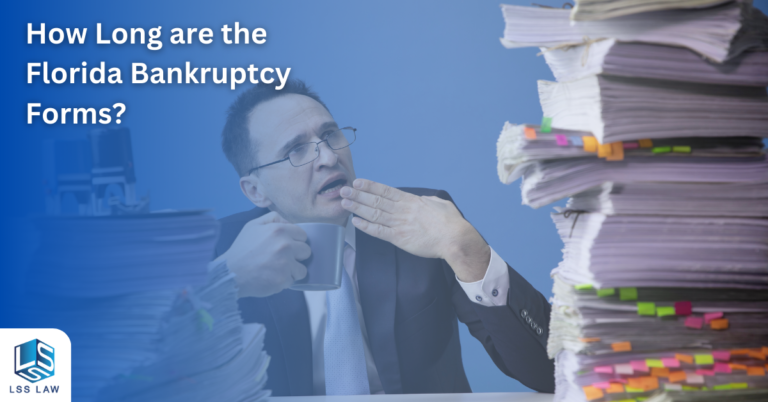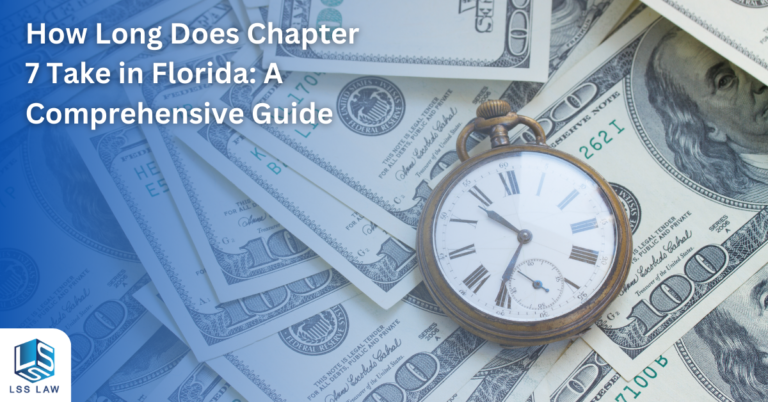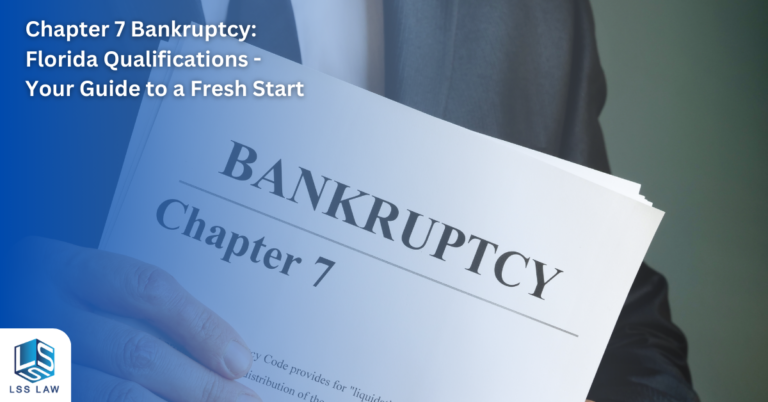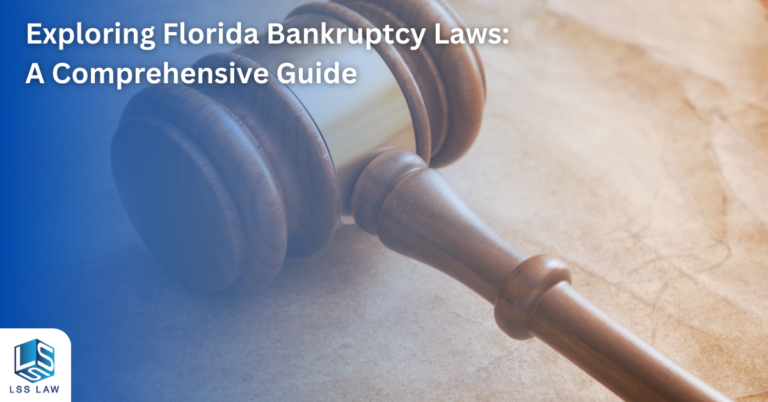Facing financial difficulties can be overwhelming, but filing for bankruptcy Chapter 7 can provide significant relief and a fresh start. While bankruptcy may seem like a last resort, understanding the benefits of filing bankruptcy Chapter 7 can help you make an informed decision about your financial future. In this article, we’ll explore some of the key advantages of Chapter 7 bankruptcy and how it can help you regain control of your finances.
All About the Benefits of Filing Bankruptcy Chapter 7
Immediate Relief from Collection Efforts
One of the most significant advantages of filing for Chapter 7 bankruptcy is the immediate halt of collection efforts by creditors. Once you file, an automatic stay is put in place, stopping all collection actions, including phone calls, letters, lawsuits, wage garnishments, and repossessions. This provides you with some much-needed peace of mind and allows you to focus on rebuilding your financial health.
Permanent Debt Relief through Bankruptcy Discharge
Chapter 7 bankruptcy provides permanent debt relief by discharging most of your unsecured debts, such as credit card balances, medical bills, and personal loans. This means that once your bankruptcy is finalized, you are no longer legally obligated to pay these debts, giving you a clean slate to start anew.
High Success Rate in Obtaining Bankruptcy Discharge
The success rate for obtaining a bankruptcy discharge in Chapter 7 is quite high. Most people who file for Chapter 7 bankruptcy are able to successfully discharge their debts and move forward with a fresh start.
Retaining Most Property and Assets
Contrary to popular belief, filing for Chapter 7 bankruptcy does not mean that you will lose everything you own. In fact, most people are able to keep their property, including cars and personal belongings, thanks to state and federal exemptions. These exemptions protect certain assets from being liquidated to pay off creditors, allowing you to maintain a reasonable standard of living.
Continued Access to Credit and Banking
While it’s true that your credit score will take a temporary hit after filing for Chapter 7 bankruptcy, it does not mean that you will be completely cut off from credit and banking services. Many people find that their credit scores begin to improve within a few years of filing, and they are able to obtain new credit, such as secured credit cards and loans, to help rebuild their financial foundation.
In conclusion, the benefits of filing bankruptcy Chapter 7 can provide much-needed relief for those struggling with overwhelming debt. By stopping collection efforts, discharging unsecured debts, and allowing you to keep most of your property, Chapter 7 bankruptcy can offer a fresh start and a brighter financial future.
The Bankruptcy Process: What to Expect
The Means Test: Determining Eligibility for Chapter 7
Before filing for Chapter 7 bankruptcy, it’s essential to determine if you qualify. In Florida, this involves passing the means test, which compares your income to the state’s median income and calculates your disposable income after accounting for necessary living expenses. If your income is too high, you may not be eligible for Chapter 7 and may need to consider other options, such as Chapter 13 bankruptcy.
Credit Counseling and Debtor Education Courses
Filing for Chapter 7 bankruptcy in Florida requires completing credit counseling and debtor education courses. These courses are designed to help you understand the bankruptcy process, manage your finances, and avoid future financial difficulties. They must be completed through approved providers, and certificates of completion must be submitted with your bankruptcy petition.
Meeting of Creditors (341 Meeting)
During the bankruptcy process, you will be required to attend a meeting of creditors, also known as a 341 meeting. This meeting is an opportunity for your bankruptcy trustee and any interested creditors to ask questions about your financial situation and the information provided in your bankruptcy petition. While this may seem intimidating, it’s essential to remember that the purpose of the meeting is to ensure the accuracy of your petition and to address any concerns.
Rebuilding Your Credit After Chapter 7 Bankruptcy
Establishing New Credit
Although your credit score will take a temporary hit after filing for Chapter 7 bankruptcy, it’s possible to rebuild your credit over time. One way to do this is by establishing new credit through secured credit cards or loans. These credit products require a deposit or collateral, which reduces the risk to the lender and makes it easier for you to obtain credit even with a bankruptcy on your record.
Monitoring Your Credit Report
It’s essential to monitor your credit report regularly after filing for bankruptcy to ensure that all discharged debts are accurately reflected and that no errors are negatively impacting your credit score. You can obtain a free copy of your credit report from each of the three major credit bureaus once per year through AnnualCreditReport.com.
Creating a Budget and Practicing Responsible Financial Habits
Rebuilding your credit after bankruptcy also involves practicing responsible financial habits, such as creating a budget, paying bills on time, and avoiding excessive debt. By demonstrating your ability to manage your finances responsibly, you can gradually improve your credit score and increase your chances of obtaining better credit products in the future.
In summary, filing for Chapter 7 bankruptcy can provide significant relief for those struggling with debt and offer a fresh start toward a brighter financial future. By understanding the bankruptcy process and taking steps to rebuild your credit after filing, you can regain control of your finances and work toward long-term financial stability.
Understanding Florida’s Bankruptcy Exemptions
Florida Homestead Exemption
One of the most significant benefits of filing for Chapter 7 bankruptcy in Florida is the state’s generous homestead exemption. This exemption protects an unlimited amount of equity in your primary residence, with some size limitations based on the property’s location. This means that you can keep your home during the bankruptcy process, provided you continue to make your mortgage payments.
Florida Motor Vehicle Exemption
In addition to the homestead exemption, Florida also offers a motor vehicle exemption that protects up to $1,000 in vehicle equity. This means that you can keep your car during the bankruptcy process, as long as its equity doesn’t exceed $1,000. If you have more equity in your vehicle, you may be able to use Florida’s wildcard exemption to protect the additional value.
Retirement Accounts and Other Exemptions
Florida bankruptcy law also protects various types of income and insurance benefits from being considered in the means test or subject to liquidation. For example, most retirement accounts, such as 401(k)s, IRAs, and pensions, are exempt from liquidation during the bankruptcy process. Additionally, certain types of insurance benefits, such as life insurance cash value and disability benefits, are also exempt.
The Impact of Chapter 7 Bankruptcy on Your Credit Score
While it’s true that filing for Chapter 7 bankruptcy will have a negative impact on your credit score initially, this effect is not permanent. A Chapter 7 bankruptcy will remain on your credit report for ten years, but by following the right recommendations and practicing responsible financial habits, you can begin to rebuild your credit score over time.
It’s important to keep in mind that the impact of bankruptcy on your credit score will vary depending on your individual circumstances. For some people, the benefits of filing for bankruptcy – such as eliminating unsecured debts and stopping collection efforts – may outweigh the temporary hit to their credit score. By carefully considering your options and working with an experienced bankruptcy attorney, you can make the best decision for your financial future.
Navigating the Complexities of Chapter 7 Bankruptcy Forms
Filing for Chapter 7 bankruptcy requires completing and submitting various forms to the bankruptcy court. These forms can be complex and time-consuming, but they are essential for providing an accurate picture of your financial situation. Some of the required forms include a bankruptcy petition, schedules of assets and liabilities, a statement of financial affairs, and a means test calculation.
Working with an experienced bankruptcy attorney can help ensure that your forms are completed accurately and filed on time. They can also guide you through the process of gathering the necessary documentation and information to support your case.
Disclosing Property Transfers and Previous Bankruptcy Filings
When filing for Chapter 7 bankruptcy, it’s essential to disclose any property transfers made within two years prior to filing. The bankruptcy trustee will review these transfers to determine if they were made in an attempt to hide assets from creditors. If the trustee believes a transfer was fraudulent, they may attempt to recover the property to distribute to your creditors.
Additionally, if you have filed for bankruptcy in the past, you must wait a specific amount of time before filing again. For Chapter 7 bankruptcy, you must wait at least eight years from a previous Chapter 7 filing or six years from a previous Chapter 13 filing. Disclosing this information is crucial to avoid potential complications in your current bankruptcy case.
Redeeming Secured Property and Eliminating Certain Legal Judgments
In some cases, you may be able to redeem secured property during the Chapter 7 bankruptcy process. This involves paying the current market value of the property in a lump sum, allowing you to keep the property and eliminate the remaining debt. Redeeming secured property can be beneficial if the property is worth less than the outstanding loan balance.
Chapter 7 bankruptcy can also help eliminate certain legal judgments against you. However, this does not apply to judgments for fraud, intentional injury, or other non-dischargeable debts. Working with a bankruptcy attorney can help you determine which judgments may be eliminated through the bankruptcy process and how to best protect your interests.
By understanding the complexities of Chapter 7 bankruptcy and working with an experienced attorney, you can navigate the process smoothly and work toward a fresh financial start. Remember, bankruptcy is not the end of the world – it’s a financial tool that can help you regain control of your finances and move forward with confidence.
The Importance of Accurate Financial Records and Legal Judgments
Maintaining accurate and up-to-date financial records is crucial during the bankruptcy process. The bankruptcy trustee will review your company’s financial information to determine which assets can be liquidated and how the proceeds should be distributed among your creditors.
Chapter 7 bankruptcy can help address outstanding legal judgments against your business. However, it’s important to note that certain types of judgments, such as those for fraud or intentional injury, may not be dischargeable through bankruptcy.
Working with a Bankruptcy Attorney to Explore Alternatives
If you’re considering filing for Chapter 7 bankruptcy, it’s highly recommended to consult with an experienced bankruptcy attorney. They can help you explore alternative debt relief options, such as negotiating with creditors, reaching out-of-court settlements, or filing for Chapter 11 or 13 bankruptcy.
By understanding the implications of Chapter 7 bankruptcy for businesses and working with a knowledgeable attorney, you can make the best decision for your company’s future and work toward regaining financial stability.
Benefits of Filing Bankruptcy Chapter 7 – Your Questions Answered
We understand that filing for bankruptcy can be a daunting process, and you likely have many questions about the benefits of filing for bankruptcy Chapter 7. In this section, we will address some of the most frequently asked questions to help you make an informed decision about your financial future.
How long does it take to complete a Chapter 7 bankruptcy?
The Chapter 7 bankruptcy process typically takes four to six months to complete. This relatively quick timeline is one of the benefits of filing bankruptcy Chapter 7, as it allows you to start rebuilding your financial life sooner.
Will I lose all my property if I file for Chapter 7 bankruptcy?
No, most people who file for Chapter 7 bankruptcy can keep most of their property, thanks to Florida’s bankruptcy exemptions. These exemptions protect assets like your home, car, retirement accounts, and personal property up to certain limits.
Can I file for Chapter 7 bankruptcy if I have a high income?
If your income is too high, you may not qualify for Chapter 7 bankruptcy. However, you may be eligible for Chapter 13 bankruptcy, which allows you to restructure your debts and repay them over a three to five-year period.
Will filing for Chapter 7 bankruptcy ruin my credit forever?
No, filing for Chapter 7 bankruptcy does not damage your credit score forever. In fact, many people see an improvement in their credit score after filing for bankruptcy and following the right recommendations. A Chapter 7 bankruptcy will remain on your credit report for ten years, but you can start rebuilding your credit immediately after receiving your discharge.
Can I eliminate all my debts by filing for Chapter 7 bankruptcy?
Chapter 7 bankruptcy can help eliminate most unsecured debts, such as credit card debt and medical bills. However, certain debts are not dischargeable, including student loans, child support, alimony, and some tax debts.
What is the difference between Chapter 7 and Chapter 13 bankruptcy?
Chapter 7 bankruptcy involves liquidating non-exempt assets to pay off creditors, while Chapter 13 bankruptcy involves creating a repayment plan to pay off debts over time. Chapter 13 bankruptcy may be a better option for those with a steady income who can afford to make regular payments towards their debts.
Contact Us to Learn More About the Benefits of Filing Bankruptcy Chapter 7
If you’re struggling with debt and considering filing for bankruptcy, our team at LSS Law can help you navigate the process and determine if Chapter 7 bankruptcy is the right option for you. To schedule a no-cost Bankruptcy Strategy Session, call us at (954) 466-0541 or visit our contact page. Our experienced bankruptcy attorneys are committed to helping you remove the financial burden and open the door to a brighter future.
